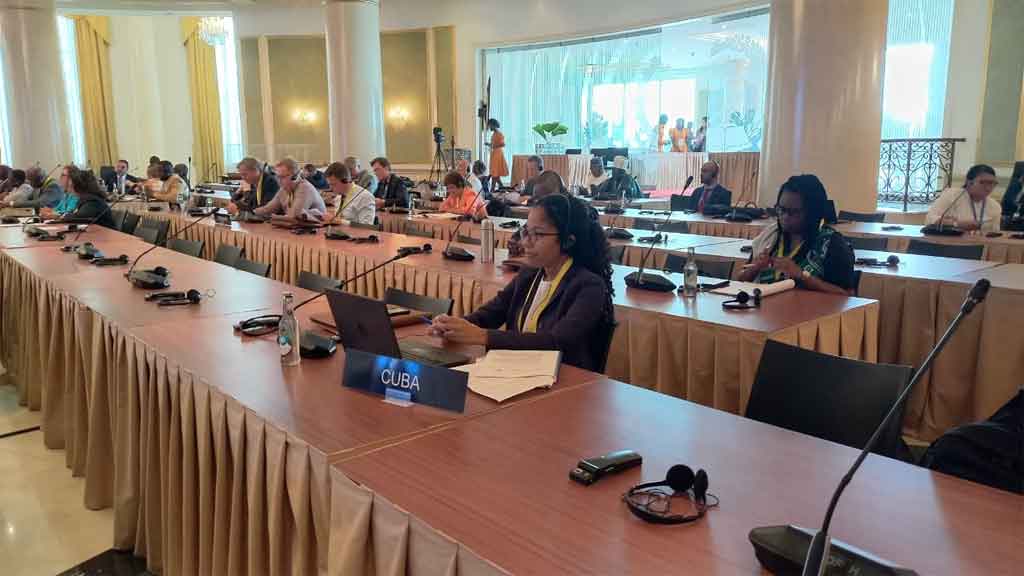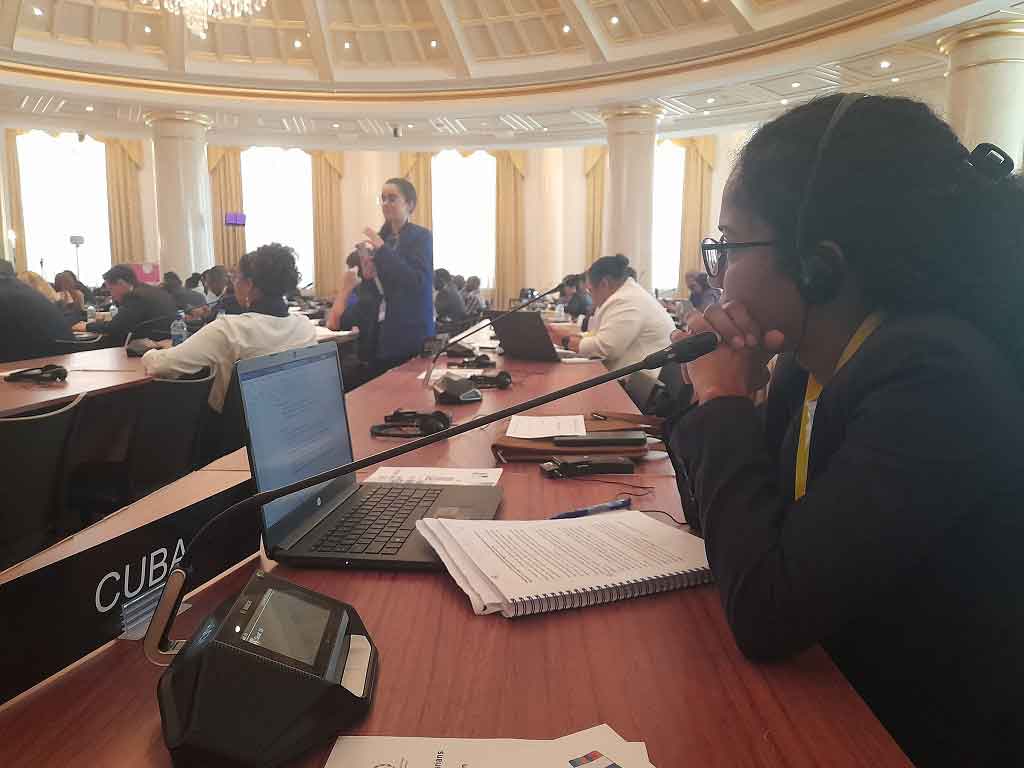Speaking at the Forum of Young Parliamentarians, which addressed the issue within the 147th Assembly of the Inter-Parliamentary Union (IPU), the legislator pointed out that congresses, due to their own composition, play a key role in becoming forums for dialogue and the search for consensus.
In this regard, she underscored the relevance of listening to youths, women and people in vulnerable situations, and addressing their needs to achieve greater social justice.
This also places parliaments in a favorable position not only in terms of work at the national level, but also in terms of cooperation in the international arena, so she ratified Cuba’s willingness to collaborate in the dialogue for peace and Justice.
Richards noted the importance of education to achieve all these objectives and promote the participation of young people at a global level, as well as guaranteeing that public policies are effectively implemented for the benefit of populations.
She commented that Cuba maintains universal and free access to education, which is limited due to the effect of the unilateral coercive measures imposed by the United States on the country, causing severe effects on the economy and all sectors of life.

Despite the big challenge posed by the economic blockade, Cuba continues to implement its social development policies and reaffirms the will to cooperate with other parliaments in the world and with the IPU in vital aspects such as peace and justice.
Young parliamentarians gathered in Angola on Tuesday to demanded more spaces in politics to participate in the decision-making process that affects their lives and those of their generation.
According to the IPU report on youth participation in national parliaments in 2023, only 2.8 percent of the members of these structures in the world are 30 years old or younger, and only 18.8 percent are 40 or younger.
In this aspect, Cuba stands out among the ten countries that have the best representation, with 19.79 percent of lawmakers whose ages range from 18 to 35.
jg/mgt/kmg










